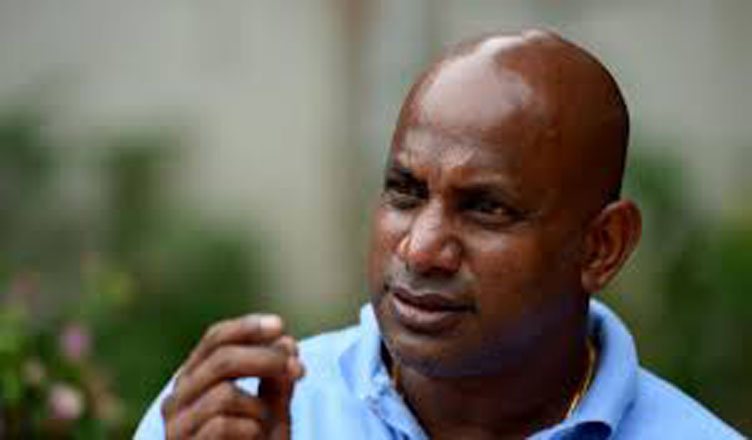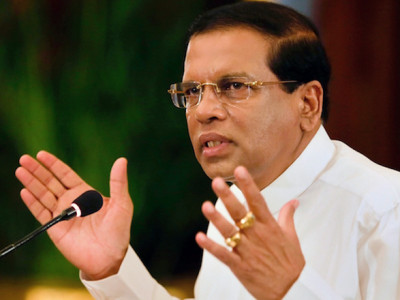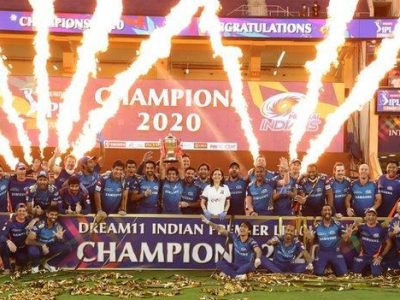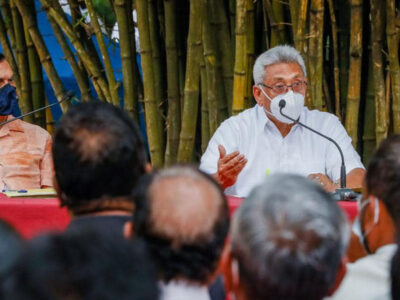(COLOMBO, LANKAPUVATH) –International Cricket Council (ICC) has banned Sri Lanka’s cricket legend and former selector Sanath Jayasuriya from all cricket for two years after admitting breaching two counts of the ICC Anti-Corruption Code.
Mr Jayasuriya, the former Sri Lanka Cricket Chair of Selectors, has admitted to being in breach of two provisions of the Code for not being cooperative and not assisting ICC anti-corruption investigations. As a result of the admissions, he has accepted a sanction of a two-year period of ineligibility, the ICC said in a statement.
Jayasuriya’s self-imposed suspension began on 16 October 2018 and he will remain ineligible until midnight of 15 October 2020, the ICC decision stated.
Mr. Jayasuriya has admitted to violating following provisions of the code:
Article 2.4.6 – Failure or refusal, without compelling justification, to cooperate with any investigation carried out by the ACU, including failure to provide accurately and completely any information and/or documentation requested by the ACU as part of such investigation.
Article 2.4.7 – Obstructing or delaying any investigation that may be carried out by the ACU, including concealing, tampering with or destroying any documentation or other information that may be relevant to that investigation and/or that may be evidence or may lead to the discovery of evidence of corrupt conduct under the Anti-Corruption Code.
During the period of ineligibility, Jayasuriya is prohibited from “playing, coaching, officiating, or otherwise participating or being involved in any capacity in any match, or any other kind of function, event or activity (other than authorize anti-corruption education or rehabilitation programs), that is authorized, sanctioned, recognized, or supported in any way by ICC, a National Cricket Federation or any member under the jurisdiction of a National Cricket Federation.”
Alex Marshall, ICC General Manager of the Anti-Corruption Unit (ACU) said the conviction under the Code demonstrates the importance of participants in cricket cooperating with investigations.
“Compelling participants to cooperate under the Code is a vital weapon in our efforts to rid our sport of corruptors. These rules are essential to maintain the integrity of our sport,” the official said.
The conviction of Mr Jayasuriya is the latest part of a much broader ICC ACU investigation into corruption in cricket in Sri Lanka. The ACU recently held an amnesty in relation to Sri Lankan Cricket resulting in eleven players and other participants coming forward with new information.
Mr. Marshall said the amnesty has worked very well and has delivered significant new and important intelligence. “This new information has assisted a number of our ongoing investigations and has resulted in some new investigations getting underway.
“I am very grateful to those who participated in the amnesty and as a result of the information shared we now have a much clearer picture of the situation in Sri Lanka and our investigations are continuing.”




